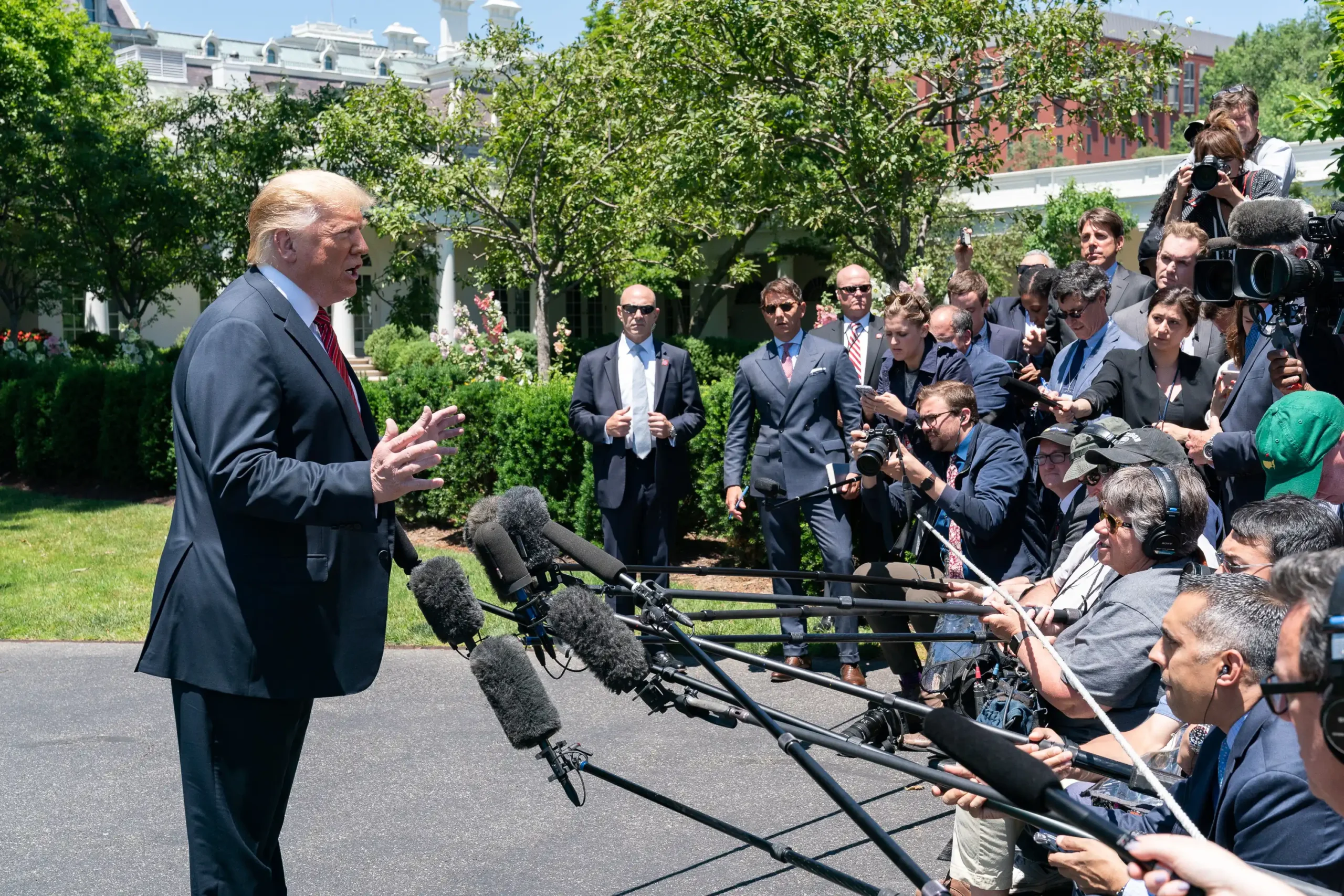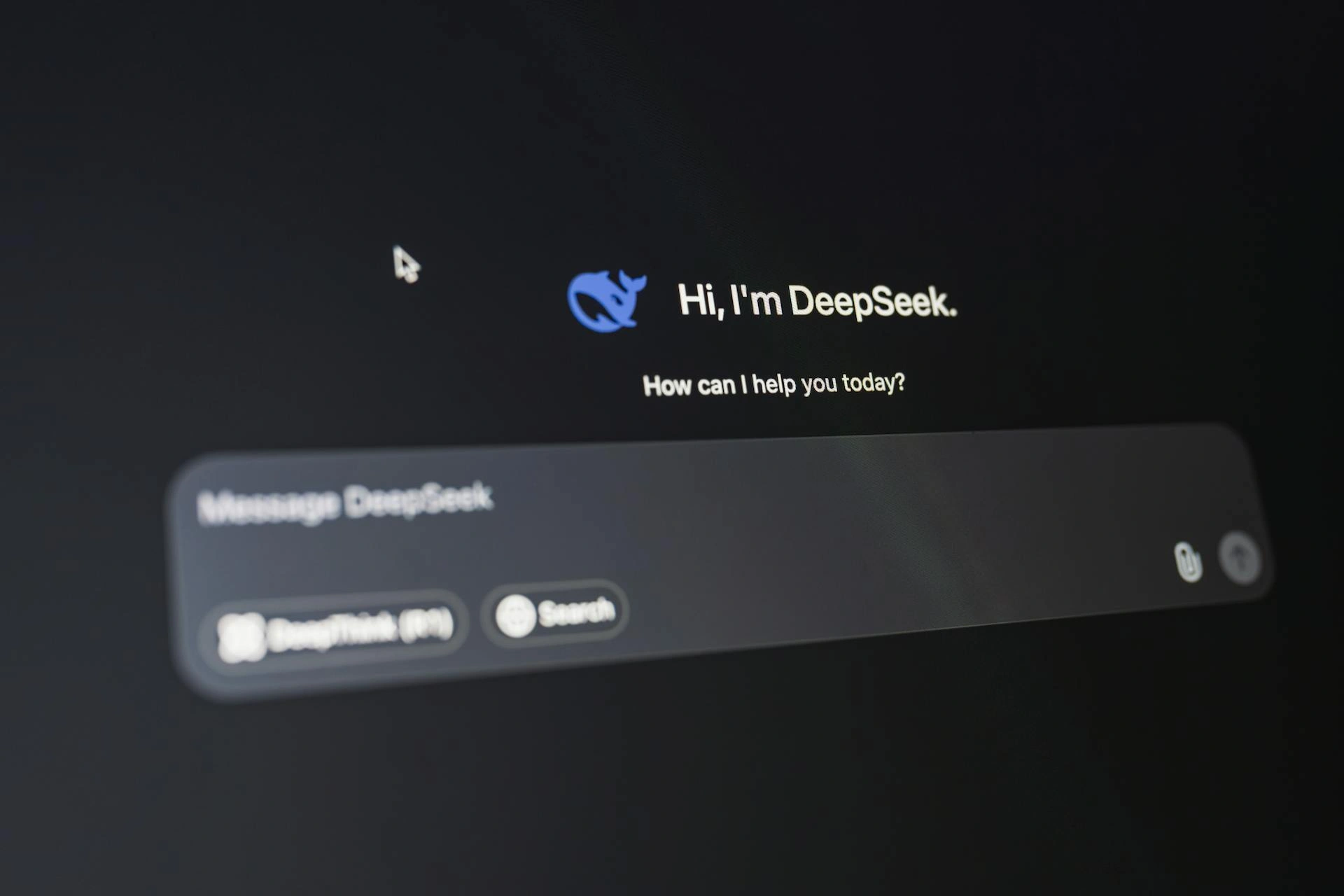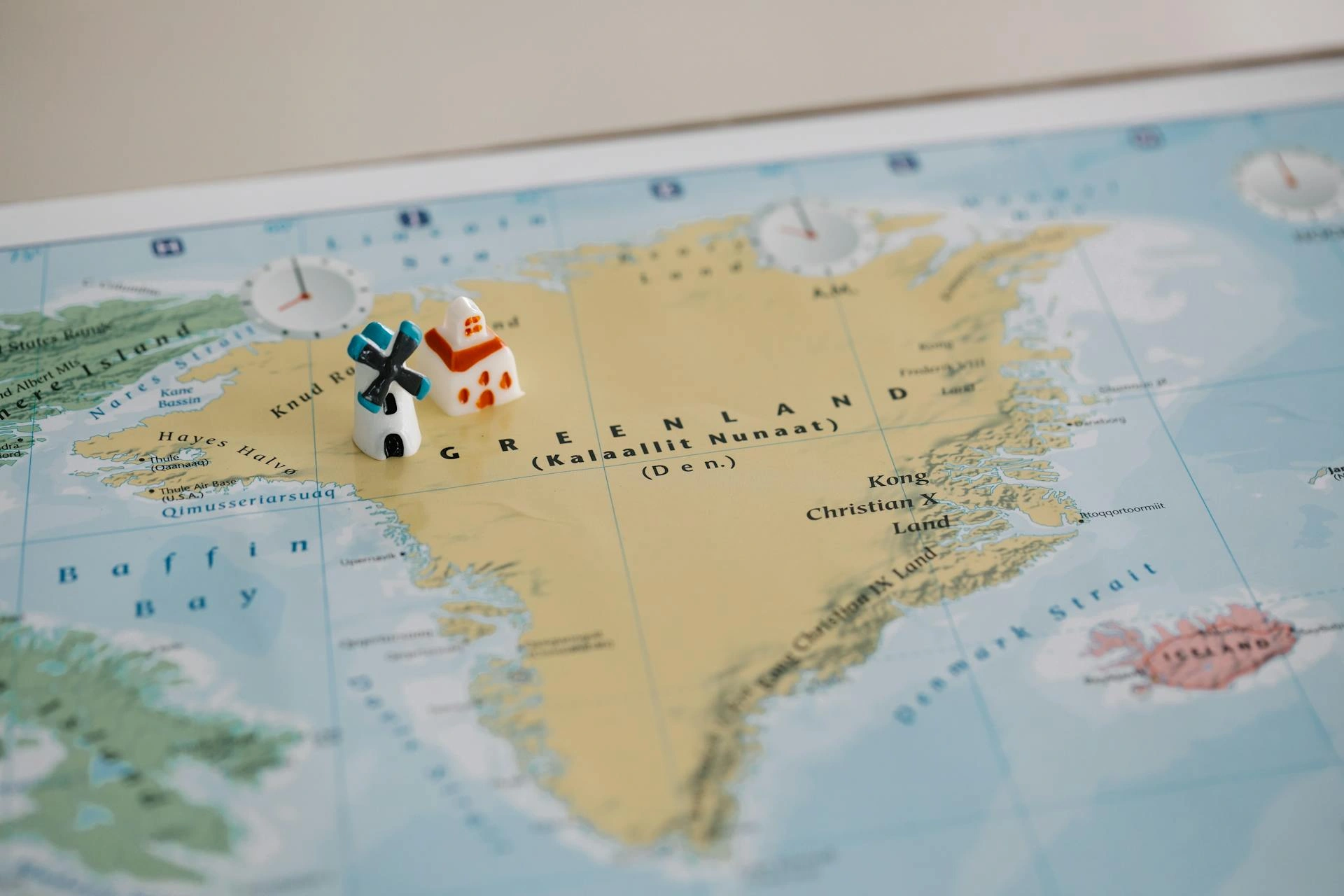Impartiality is still key for news audiences

Michael Leidig
- Published
- Home, Opinion & Analysis

In the wake of Donald Trump’s 2024 U.S election win, left-wing media outlets must set their agenda-driven narratives aside and focus on objective reporting, writes the seasoned journalist Mike Leidig
In a typical slice of shameless self-promotion, Elon Musk has claimed that the legacy media is a dead duck, swept away by a new generation of X-style bloggers and citizen journalists surfing the Trump tidal wave right into the White House.
The reason, he said, is that “most legacy media lie tremendously to the public”.
Cue the left, liberal, woke commentators clutching their pearls like dowager duchesses and reaching for the smelling salts.
But behind Musk’s buccaneering bluster, there’s a worryingly large grain of truth for everyone involved in traditional reporting.
You don’t get much more legacy media than the Guardian, the self-appointed ‘paper of record’ which following the announcement of Donald Trump’s overwhelming victory as the 47th President of the United States just failed to get the message.
Editor-in-Chief Katherine Viner almost instantly fired off an e-mail to her paper’s digital subscribers offering more of the same hostility, scare tactics and anti-Trump sniping that had just fallen flat on its face all round the world.
With her begging bowl out, she claimed the only way to turn the world around and return to a liberal left is to give the Guardian even more financial support to sponsor even more of the same journalism that had just been completely rejected.
She said: “We’ve just witnessed an extraordinary, devastating moment in the history of the United States.
“In 2016, we promised that our coverage of a Donald Trump administration would meet the moment – and I think it did. Throughout those tumultuous four years we never minimised or normalised the threat of Trump’s authoritarianism, and we treated his lies as a genuine danger to democracy, a threat that found its expression on 6 January 2021.
“Now, with Trump months away from taking office again – with dramatic implications for wars in Ukraine and the Middle East, the health of American democracy, reproductive rights, inequality and, perhaps most of all, our collective environmental future – it’s time for us to redouble our efforts to hold the president-elect and those who surround him to account. It’s going to be an enormous challenge. And we need your help.”
You might think that the state of American democracy had just been well and truly settled by the only people who matter and the only people who have a say in it – American voters.
What a few thousand sandal-wearing, knit-your-own muesli, die-hard crypto-communists in north west London think is, most reasonable people might believe, completely irrelevant.
But the Guardian sent exactly the same message into the void the last time Trump was elected eight years ago.
Back in 2016, the paper’s editors boasted of being the first to break the story of the Panama Papers scandal and maintained that they were going to keep up their investigative work when it came to revealing the dark secrets of Donald Trump.
I haven’t believed anything it has written about Trump since then and, it seems, neither have voters in the US, where the Guardian likes to boast of its huge online presence.
In an industry that is supposed to put facts before agendas, it’s worth asking before donating money to such causes, what value, if any, there is in journalism that starts off with a pledge to expose something that may not even be there at all.
The issue is that when a reporter sets out with the specific goal of uncovering a scandal, they often only end up speaking to people who are already convinced there’s something wrong—even if there’s no real story. This flawed line of reasoning was the basis behind the “Russiagate” scandal in the last Trump Presidency.
When you only put one side of the argument forward, you only ever speak to the people already convinced and those are not the ones you need to reach.
I doubt if Trump supporters are ever likely to be avid Guardian readers, but that doesn’t absolve any newspaper of its duty to impartiality.
If all those people ever see in a Guardian that portrays them as Nazis, perverts and gun-toting rednecks then no wonder they dismiss it as putrid propaganda. They’re probably right.
The problem for the industry comes, though, when they lump the rest of us in with them too.
There was righteous outrage in this election when the owners of both the Washington Post, owned by Jeff Bezos, and the Los Angeles Times, owned by Patrick Soon-Shiong, chose not to endorse a candidate despite previous endorsements in past elections. In my experience, publishers rarely contribute anything useful when they interfere in editorial, but on this occasion, they were absolutely right.
It’s the newspapers’ job to report – not to tell people who to vote for and angle their stories to support that. The next step is only revealing what supports that narrative, and not reporting the other side. And it makes readers wonder what these tycoons hope to get in return.
The media needs to wake up to the fact that if you try to push readers in a certain direction, don’t be surprised if they push back.
Media consumers want unbiased, impartial news that lets them make informed decisions, regardless of whether it challenges the reporter’s personal views—but that’s exactly what’s lacking in today’s media. If you make no effort to understand those you don’t agree with and to put their point of view across then you lose the ability to reach them.
I have to declare a special interest in BuzzFeed and the Guardian, both of which conspired to make wholly false claims that I ran a globe-spanning fake news organisation.
BuzzFeed, eager to take my agency’s place as a world news leader, started the ball rolling in 2015 with a campaign aimed at closing me down after finding I was a prolific supplier of content to their hated nemesis at the MailOnline.
Their vested interest became clear when during a legal process it emerged that they’d written their damning headline before making a single inquiry.
Their cockeyed ‘investigation’ was so clueless that they didn’t realise that they were actually a client for my agency’s news content.
When one of the reporters involved in the story moved to the Guardian, he took the bogus story with him feeding BuzzFeed’s lines to his new paymasters who happily copied them out, conveniently for his old boss’s lawyers, on the eve of a New York court hearing.
Naturally, nobody at that great bulwark for truth and accuracy asked me for a comment or even told me they were publishing the story. The judge refused to let the case proceed, largely because a ‘paper of record’ had supported BuzzFeed.
But when I complained to the Guardian, the way they handled the appeal against breaches of their own code of conduct showed me quite clearly that there is a type of journalism done by those claiming to hold the moral high ground where fairness only applies to those they believe share their values.
The rest of us, it seems, can just swivel.
The Guardian seems desperate to keep its dwindling band of readers happy by reflecting back the opinions they think they have. They have become a journalistic cargo culture, like the abandoned Pacific former colonial islands built pretend landing strips to encourage the supply planes back.
They’re sending out what look like the right signals, but nobody is landing there.
And this virtue signalling has evolved to a level where they simply can’t afford to say anything positive about anything they think will clash with their readers’ values if they want to keep the appeal money trickling in.
This is a mistake and now they are seeing the consequences of alienating the people that might have bought the paper if it truly had been a paper of record.
A bestselling book currently trending on social media called ‘The Courage to Be Disliked’ explores why it’s important to understand, and accept, being disliked in order to be happy.
It says that telling the truth “is proof that you are exercising your freedom and living in freedom, and a sign that you are living in accordance with your own principles.”
Or as Oscar Wilde famously said: “Speaking the truth that somebody wants you not to publish is journalism. Everything else is marketing.”
During my investigation into BuzzFeed, one of the first things that struck me was their single-minded determination to criticise Donald Trump who at that stage had not even announced his bid for the presidency.
He was not particularly on my radar, as America is not a country where my news team typically reported from, and he was simply another victim of drive-by biased reporting under the direct control of BuzzFeed’s Ben Smith, who also oversaw and controlled the campaign against me.
Smith instructed his team that they were allowed to use the term ‘racist’ when referring to Trump, just as he told his team I was to be declared ‘The King of Viral Bullshit’ before they went looking for evidence that they never found and never existed.
When your business is reporting, it opens your eyes when you see how others in your industry go about it when they’re writing about something you know all about – you. If they get that so wrong, what the heck else are they up to?
Activism—like that seen from BuzzFeed or The Guardian—focuses less on examining issues close to home and more on scrutinising problems elsewhere. Journalism, on the other hand, involves looking forward.
The visceral dislike of Trump in both news organisations was and is undoubtedly motivated by activism more than journalism as the language they use is nothing to do with journalism.
When the Guardian claimed that they were going to expose Donald Trump before they actually had the story in their hands, it put a lot of pressure on them to make the story a reality and very difficult for them ever to write anything else.
But it’s not just about activism. As I did a deep dive into BuzzFeed archives, it emerged that their constant, snarky, often pointless rants at Trump ( ’17 Times Donald Trump Just Wasn’t Himself Because Of His Period’ and ’15 Times Cher Eviscerated Donald Trump On Twitter’ were particular classics) a more hard-edged cynical reason emerged.
None of their anti-Trump stories carried a disclaimer saying that BuzzFeed had a business relationship with Trump’s hotel-industry rival Marriott International.
The chain had run such sponsored BuzzFeed items as ‘The 13 Vacation Photos That Will Always Make Your Friends Jealous’ and ’15 Travel-Themed Pickup Lines That Are Just Too Good’.
BuzzFeed also launched a ‘Custom Content Series’ with NBC the month before NBC cancelled Trump’s award-winning show ‘The Apprentice’ and his Miss USA pageant over one contender’s remarks about immigration. BuzzFeed reported on NBC dropping Trump without disclosing its business ties with NBC.
But one of the most notorious examples of BuzzFeed disguising its activism and journalism was in the wake of CNN’s Jake Tapper reporting on the existence of classified documents claiming Russia had compromised personal and financial information about Trump on 10 January 2017.
CNN did not publish the dossier, as it could not be verified. But later the same day, BuzzFeed published the 35-page dossier nearly in-full. In a comment piece, the Press Gazette editor Dominic Ponsford wrote: “I give the odd talk to journalism students on ethics, and I always start with the “golden rule” which is the basis of most world religions – and, I would say, journalistic ethics. Treat others as you would expect to be treated yourself. I also suggest that you don’t do anything that you wouldn’t be comfortable defending publicly before, say, a judicial inquiry. After you’ve cleared both those hurdles, then make sure you don’t do anything which is going to lead to you being successfully sued and/or put in prison.
“BuzzFeed’s publication of the Trump dossier fails in my view on the first of these grounds. The journalistic thing to do with it is to put the allegations in detail to the Trump team and make efforts to verify them. You don’t publish horrendously defamatory allegations based on one un-named source.”
He added: “Some 35 pages of detailed allegations will need days, if not weeks, to investigate and respond to. Trump may be a monster, but he also has a family who will have been hurt by the allegations in the BuzzFeed dossier. If they prove to be fabrications, then that is again difficult to justify.”
Ben Smith revelled in the fact that the dossier had brought substantial traffic to BuzzFeed and boasted how their news operation finally had a viral sensation to match the rest of the BuzzFeed output, ignoring the fact that it also had about the same credibility.
It was only later that his smugness turned to unease as he admitted that while he celebrated the newfound traffic, he became increasingly uncomfortable as the dossier contributed to steering educated Democrats towards conspiracy-like thinking, mirroring the patterns seen among Trump supporters.
One who was more direct about the BuzzFeed publication of the dossier was Barry Meier who described it as “a media clusterf*ck of epic proportions”.
He also said that the dossier’s overreaching allegation of a vast and perverse conspiracy would “ultimately benefit Donald Trump”.
When I appealed to the Guardian, which is not independently regulated and insists on dealing with all complaints against it entirely alone, they insisted their BuzzFeed fifth columnist had acted entirely properly and there was no case to answer. And that, for them, was that.
Perhaps this time when putting her readers’ cash to work, Viner would do rather better to instead recall the message of her newspaper’s motto, uttered in 1921 by The Guardian’s founder CP Scott: “The voice of opponents no less than of friends has a right to be heard . . . It is well to be frank; it is even better to be fair.”

Michael Leidig is a British journalist based in Austria. He was the editor of Austria Today, and the founder or cofounder of Central European News (CEN), Journalism Without Borders, the media regulator QC, and the freelance journalism initiative the Fourth Estate Alliance respectively. He is the vice chairman for the National Association of Press Agencies and the owner of NewsX. Mike also provided a series of investigations that won the Paul Foot Award in 2006.
Main image: Courtesy Polina Zimmerman/Pexels
RECENT ARTICLES
-
 Why Europe’s finance apps must start borrowing from each other’s playbooks
Why Europe’s finance apps must start borrowing from each other’s playbooks -
 Why universities must set clear rules for AI use before trust in academia erodes
Why universities must set clear rules for AI use before trust in academia erodes -
 The lucky leader: six lessons on why fortune favours some and fails others
The lucky leader: six lessons on why fortune favours some and fails others -
 Reckon AI has cracked thinking? Think again
Reckon AI has cracked thinking? Think again -
 The new 10 year National Cancer Plan: fewer measures, more heart?
The new 10 year National Cancer Plan: fewer measures, more heart? -
 The Reese Witherspoon effect: how celebrity book clubs are rewriting the rules of publishing
The Reese Witherspoon effect: how celebrity book clubs are rewriting the rules of publishing -
 The legality of tax planning in an age of moral outrage
The legality of tax planning in an age of moral outrage -
 The limits of good intentions in public policy
The limits of good intentions in public policy -
 Are favouritism and fear holding back Germany’s rearmament?
Are favouritism and fear holding back Germany’s rearmament? -
 What bestseller lists really tell us — and why they shouldn’t be the only measure of a book’s worth
What bestseller lists really tell us — and why they shouldn’t be the only measure of a book’s worth -
 Why mere survival is no longer enough for children with brain tumours
Why mere survival is no longer enough for children with brain tumours -
 What Germany’s Energiewende teaches Europe about power, risk and reality
What Germany’s Energiewende teaches Europe about power, risk and reality -
 What the Monroe Doctrine actually said — and why Trump is invoking it now
What the Monroe Doctrine actually said — and why Trump is invoking it now -
 Love with responsibility: rethinking supply chains this Valentine’s Day
Love with responsibility: rethinking supply chains this Valentine’s Day -
 Why the India–EU trade deal matters far beyond diplomacy
Why the India–EU trade deal matters far beyond diplomacy -
 Why the countryside is far safer than we think - and why apex predators belong in it
Why the countryside is far safer than we think - and why apex predators belong in it -
 What if he falls?
What if he falls? -
 Trump reminds Davos that talk still runs the world
Trump reminds Davos that talk still runs the world -
 Will Trump’s Davos speech still destroy NATO?
Will Trump’s Davos speech still destroy NATO? -
 Philosophers cautioned against formalising human intuition. AI is trying to do exactly that
Philosophers cautioned against formalising human intuition. AI is trying to do exactly that -
 Life’s lottery and the economics of poverty
Life’s lottery and the economics of poverty -
 On a wing and a prayer: the reality of medical repatriation
On a wing and a prayer: the reality of medical repatriation -
 Ai&E: the chatbot ‘GP’ has arrived — and it operates outside the law
Ai&E: the chatbot ‘GP’ has arrived — and it operates outside the law -
 Keir Starmer, Wes Streeting and the Government’s silence: disabled people are still waiting
Keir Starmer, Wes Streeting and the Government’s silence: disabled people are still waiting -
 The fight for Greenland begins…again
The fight for Greenland begins…again


























